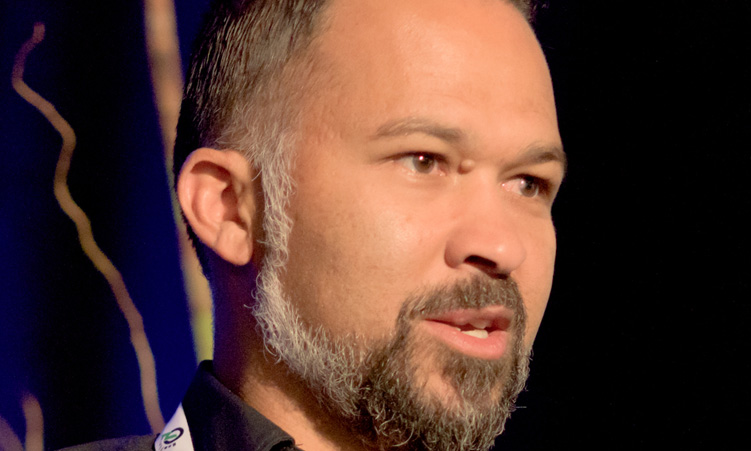Since independence, doctors have been remunerated fairly by the medical aid fund industry for private healthcare services, and a symbiosis existed that was sustainable and ethical.
The role of determining the remuneration of services rendered was later determined by an act of parliament, under the mandate given to the Namibian Association of Medical Aid Funds (Namaf) under the auspices and rules of financial watchdog Namfisa, and has governed fairly in the late 1990s and into the early 2000s.
Over the last decade, the much-anticipated graduates from our own medical school, the welcome return of our foreign-trained Namibians, the massive advances in medical technology, and the more freely available access to healthcare facilities have impacted the ‘healthcare dollar’ available to be spent by the funds.
The administrators of these medical aid funds needed to ensure sustainability, therefore more stringent Namaf rules were implemented yearly in an attempt to mostly limit the remuneration to the healthcare professional (HCP) – the bedrock of medical treatment within Namibia.
The gap between fair remuneration for services rendered by your trusted doctor, and what Namaf, and by implication, the medical aid administrators, would justify to be fair, has simply grown to be unethical.
Yet payments to hospital companies – totalling approximately 34% of the medical aid expenditure since 2018, are negotiated annually, and remuneration made to medicine costs/pharmacies, averaging approximately 17% of fund expenditure, simply increased year on year.
We, as the Medical Association of Namibia (MAN), were not consulted, nor considered, but were unceremoniously informed of the proposed adjustments in Namaf tariffs to be adopted by the medical aid administrators for the following year, most often during the Christmas season, via email.
The healthcare professional who cares for you and your loved ones is heavily governed by numerous statutory bodies, including the Health Professions Councils of Namibia, the Ministry of Finance and Public Enterproses, the Namibian Medicines Regulatory Council and Namaf, amongst others.
Our claiming behaviour is heavily policed for fraud, waste and abuse, but only constitutes 9% (for general practitioners) and 11% (for specialists), respectively, of total fund expenditure, while the non-healthcare expenses incurred in the quarter ending 30 June 2023 amounted to N$135,7 million, and an increase of 3,2% on an annual basis mostly to the administrators.
The costs to operate the service of a healthcare professional has skyrocketed in the past few years especially, and this has mostly been absorbed by us.
But we are at the point of insolvency given the latest iterations from the administrators.
We have been forced to either no longer offer certain services, move to Commonwealth countries where our doctors are highly sought after, or charge a significant co-payment to our patient population.
The fund administration milieu in Namibia seems to focus almost exclusively on healthcare professional fraud, which is present in all spheres of fiscal society, but is massively overshadowed by the suspected, yet unsubstantiated, waste and/or rising costs incurred by facilities offering theatre lists, procedures or patient admission, although these are not actively identified, nor pursued with as much gusto by the fund administrative community.
The MAN wishes to therefore clarify its support of the rights of every HCP to claim remuneration as is fair and rightful from their patients, regardless of the Namaf benchmark tariff, which is neither fair nor actuarily accurate.
The recent much-criticised initiatives of aggrieved anaesthetists, the dental community and a myriad other associations are fully endorsed by our association, since the medical doctor is the foundation of the healthcare pyramid, yet seems to have been marginalised by the miscommunicated notion that we are the reason for the medical aid funds’ current sustainability crisis, and therefore by implication dispensable.
We encourage every patient, employment group and/or other interested parties to speak to their trusted healthcare professional and see the realities of what we face daily, and then to make an unadulterated call of what seems to be the murky waters of the healthcare fund industry.
- *Dr David Weber, chairman, Medical Association of Namibia
Stay informed with The Namibian – your source for credible journalism. Get in-depth reporting and opinions for
only N$85 a month. Invest in journalism, invest in democracy –
Subscribe Now!






